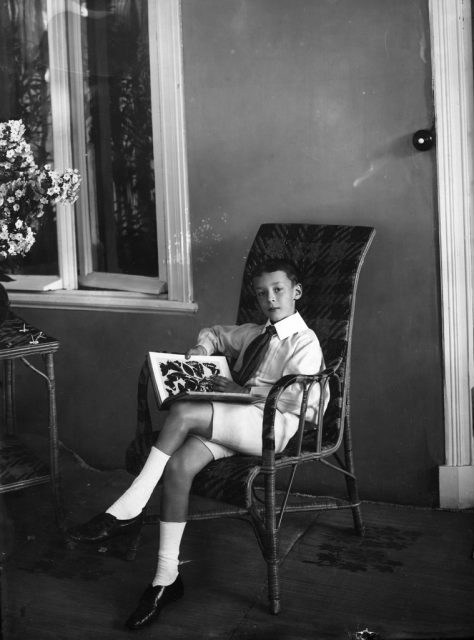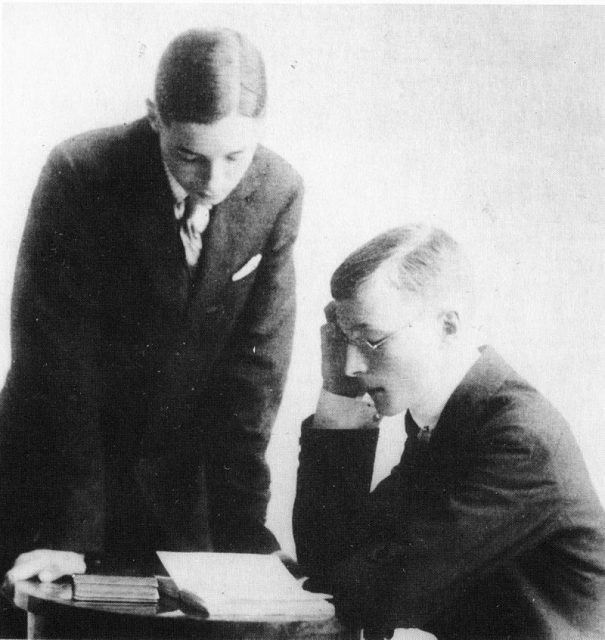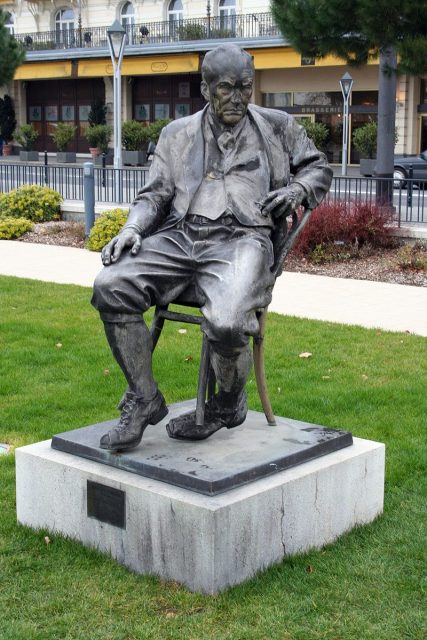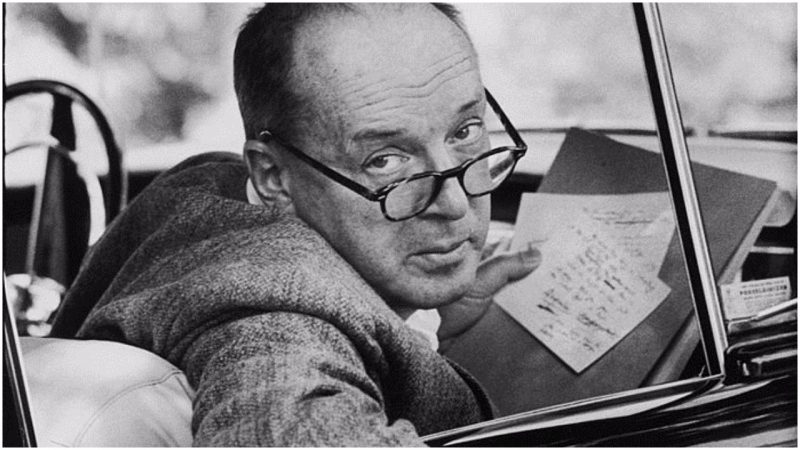It is more than probable that the literary legacy of Vladimir Nabokov will forever be associated with the image of a red lollipop and heart-shaped glasses, but there is more to the great Russian writer-in-exile than Lolita. Apart from his notable fiction, he was a person, a person who had problems like anyone else, and one of them was insomnia. But because he was Nabokov, his struggles with sleep turned into something striking and profound.
We can learn from Nabokov’s autobiography that he resented sleeping, writing that this most basic of human needs was “the most moronic fraternity in the world,” further dubbing it as “mental torture.” He would complain, “I simply cannot get used to the nightly betrayal of reason, humanity, genius.”
A new book, Insomniac Dreams: Experiments with Time by Vladimir Nabokov, coinciding with the 40th anniversary of his death in 1977, re-explores a segment of Nabokov’s world that he could encounter only as he “betrayed reason, humanity, and genius.” Reportedly, in 1964, he set himself to do an experiment in which he recaptured his dreams as soon as he woke up in the morning. He did this for three months.
Was he to challenge his stance on sleeping by doing the experiment? Probably not. Unimpressed by any of Freud’s theories to do with dreams, Nabokov read An Experiment with Time, a book penned by British soldier, engineer, and philosopher John W. Dunne. According to the book’s theories, dreams were not only the subconscious products of past events we have personally experienced but supposedly the products of future events too. In other words, events yet to come appear in a night’s dream.

Nabokov managed to record 64 dreams during the experiment in order to test Dunne’s theories and whether time could flow backward. Not all of the dreams are necessarily significant to his investigations, though. Some are also of an erotic and violent nature, including one where he dances with his beloved wife, Vera. In the dream she wears an open dress and as they dance, suddenly, a stranger approaches and kisses her, after which Nabokov describes his violent reaction of how he clutched the stranger by his head, only to bang his face against a wall.
In another of the recorded dreams, Nabokov in one instance is eating samples of rare soils. Three days after that dream, he supposedly considered his experiment a success when he caught a scene in a documentary film in which those samples of soil appear.
It is Gennady Barabtarlo, a renowned Russian professor at the University of Missouri and an expert on Nabokov, who reproduced and compiled Nabokov’s dreams from the 1964 experiment in the new book. Aside from the dreams, the book also contains sections that clarify the experiment and provide context to Nabokov’s life and career.

Barabtarlo affirmed that Nabokov “was keenly interested in this theory and its ramifications and set out to put it to trial in that 1964 experiment.” The academic also explains the theory with his own words, saying that “it wasn’t your dream that previewed the actual event but the reverse.”
Concerning the outcomes of the entire effort, he believes that it was not as conclusive as Nabokov thought, because he had somehow missed seeing the link between his dreams and works of fictions he read or wrote way before the experiment.

According to Barabtarlo, that is evident in the dream in which the Russian writer consumes those strange soil samples. The entire dream scene takes place in a “small provincial museum.” Nabokov vividly describes the moment with the samples, that they were as “bricks of crumbly stuff which I had apparently taken for some kind of dusty insipid pastry but which were actually samples of rare soils in the compartments.”
Barabtarlo believes that the dream sequence recalls some of Nabokov’s earlier fiction, a short story he had written in 1939 entitled The Visit to the Museum.
Some of Nabokov’s dreams have been described before, but this is the first time they have been compiled in a single book. In its review of the book, Publishers Weekly wrote, “Nabokov’s actual accounts of his dreams … are fantastic, and show in raw form the wit, facility, and inherent discipline of language easily recognizable as Nabokov’s handiwork.”
